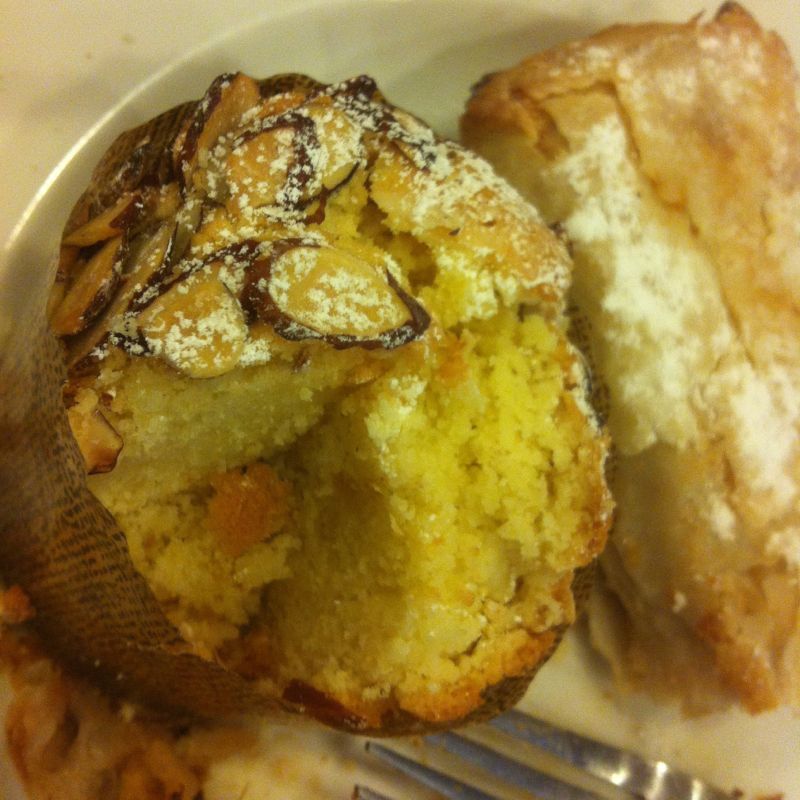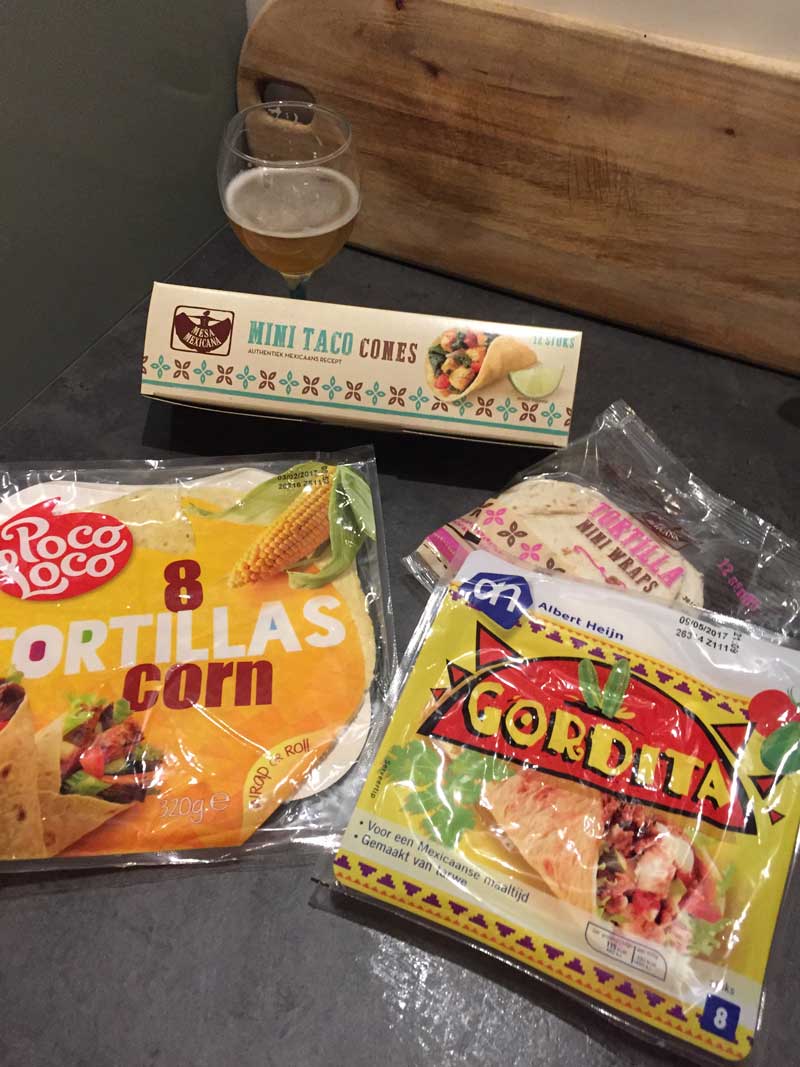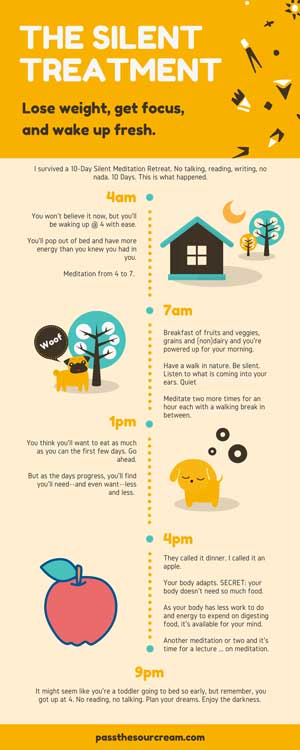
K is for Kneading

- A is for Amazon
- B is for Bio
- C is for Character
- D is for Drama
- E is for Efficiency
- F is for Fun
- G is for Gradual
- H is for Hero
- I is for Inspiration
- J is for Judgment
- K is for Kneading
- L is for Lull
- M is for Marketing
- N is for Natural
- O is for Opportunity
- P is for Publish
- Q is for Quickly
- R is for Resourceful
- S is for Sales
- T is for Timing
- U is for Updates
- V is for Very
- W is for Website
- X is for Xavier Chanceworthy
- Y is for Yours
- Z is for Zeal
Work it, massage it, get some air into it so it can rise, so it can become the form that it’s going to be.
You have your ingredients all mixed up (your writing, your project, your business), but now you need to do the hard part: kneading.
Call it editing, call it reworking, call it just plain hard work, but it can be the most important part. You got your (non-judged) draft alive and well, but later it’s going to need some attention. If we continue on the dough analogy, do you need to do it soon? Will it go flat if you don’t? I’m not enough of a baker to know … but writing or project management? I think a “sleep on it” approach can help tons. Give your draft a little leeway but get back to it soon. Is it on your mind? Can you not get it out of your mind? Maybe let it settle a bit, but then take a look at it before it goes out of your mind.
This is the potential real work, the rubber meets the road, the time when you see if your work is any good. I know, I know, playing the ostrich is much easier, but even the ostrich has to get its head out of the sand at some point. Maybe the danger is gone, but maybe it’s even closer. Just tackle it sooner before it becomes a big deal.
You need to knead, but ideally you need to want to knead, too.

Massage it, work it, take your time, but get some air into it.





























Fantastic way of putting it! I’m currently in the middle of revisions with my WIP, and yup, this is the hardest I’ve ever worked to get it just right. 🙂 Good luck with the Challenge!
Visiting on behalf of Untethered Realms for the A to Z Challenge.
Thanks so much, Christine. Best of luck on your revisions, I’ll go and have a peek at your site now.
Kneading bread isn’t really tough to do. But, then I only came to realize it after having practiced a lot at kneading bread. 🙂
The View from the Top of the Ladder
Glad to hear that it’s not too tough to do. I bet it’s easier than kneading the story together. Thanks for stopping by, Su-sieee!
I love your dough analogy. It’s genius! For me, I need to let my writing sit a bit to rest my brain. That way, when I begin editing, I’ll be able to look at my story with fresh eyes. I may wait three days, a week, or a couple of months. It depends really. But during that time, I always work on something else to keep my writers brain occupied. 🙂
It does sometimes need to sit, doesn’t it? I guess that’s where the bread analogy wouldn’t work any longer as it would get old, hard, and stale. 😉 Thanks for the note.
But the dough does need to sit for a while to rise, at least if it has yeast in it. That’s what makes it light and airy. Just don’t let it sit too long. I think it fits your analogy perfectly. I think my writing project has been sitting a bit too long now. I really need to get back to it and get it cleaned up and put back together.
Getting technical in the bakery here and I’m over my head … but yeast also doesn’t last forever, right? Isn’t it a living thing? So that would mean that we shouldn’t let it sit too long and hope that it would rise on its own, it needs some attention early on.